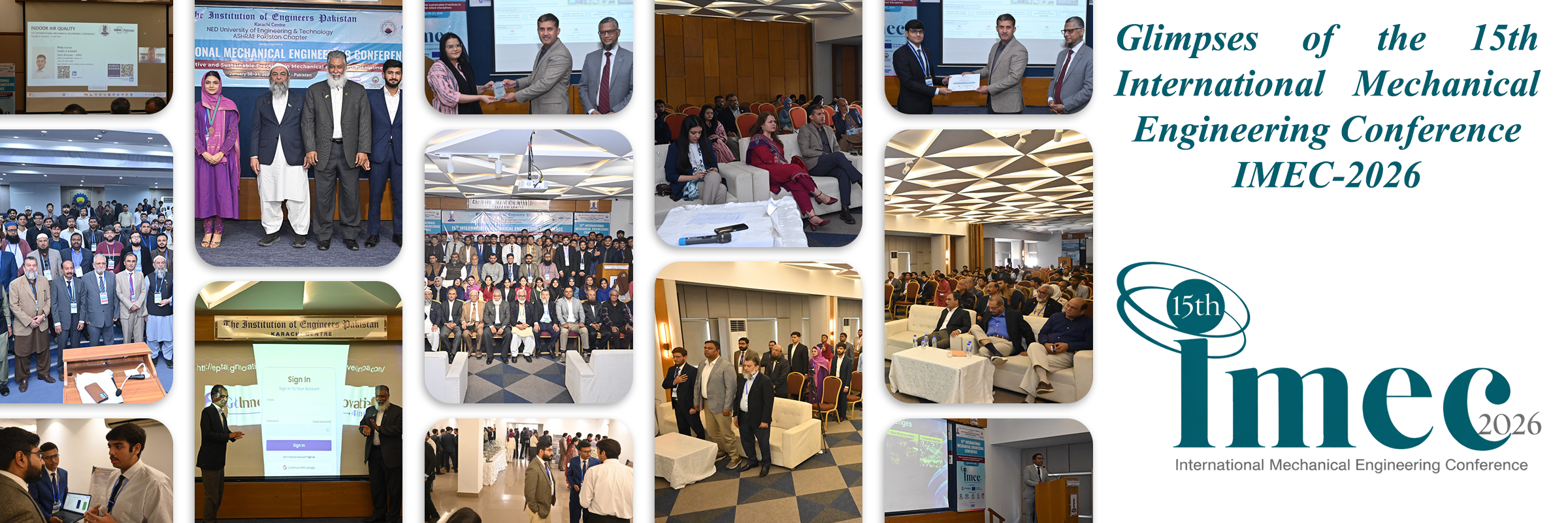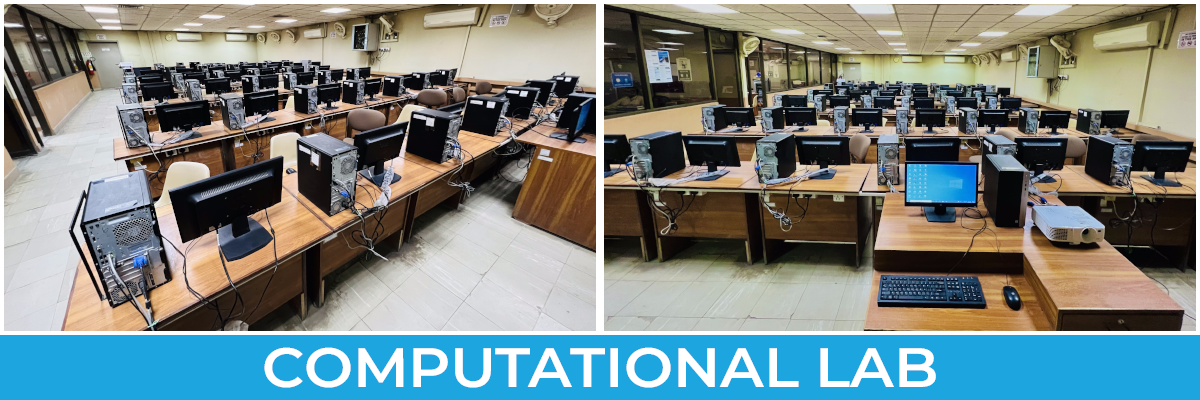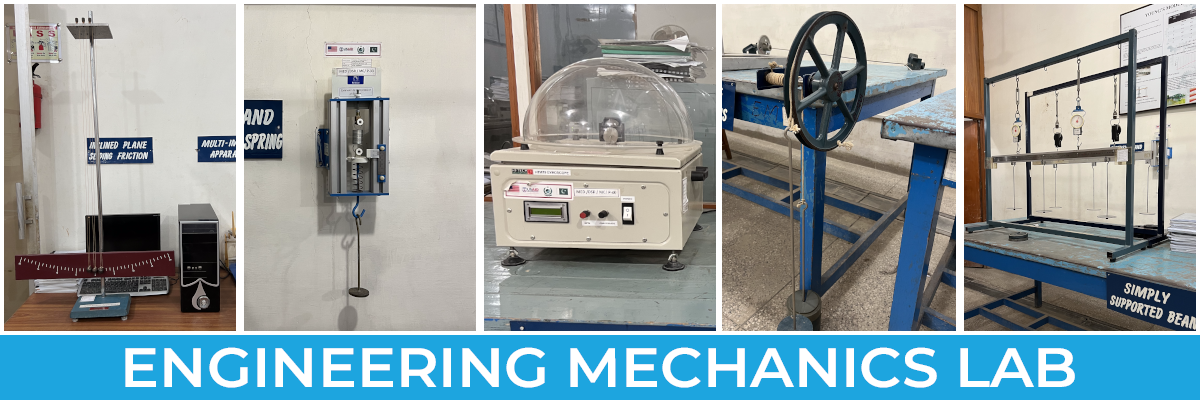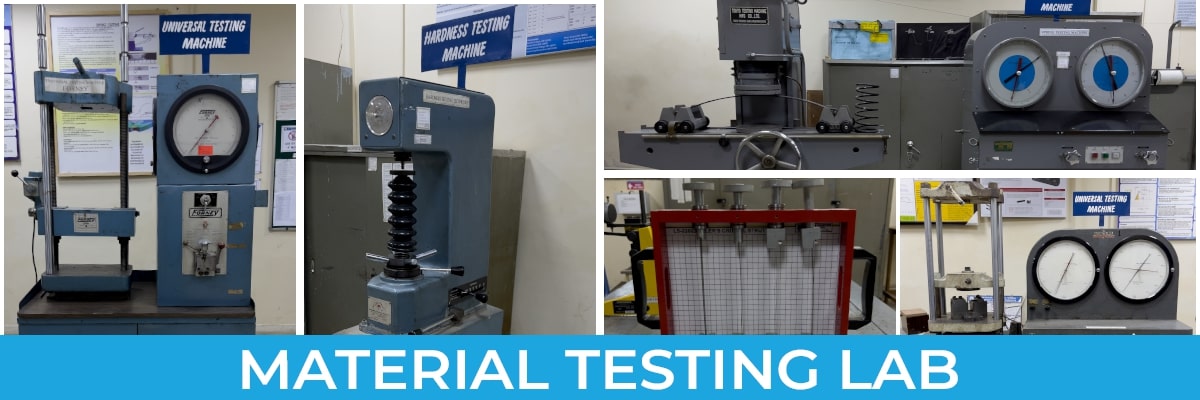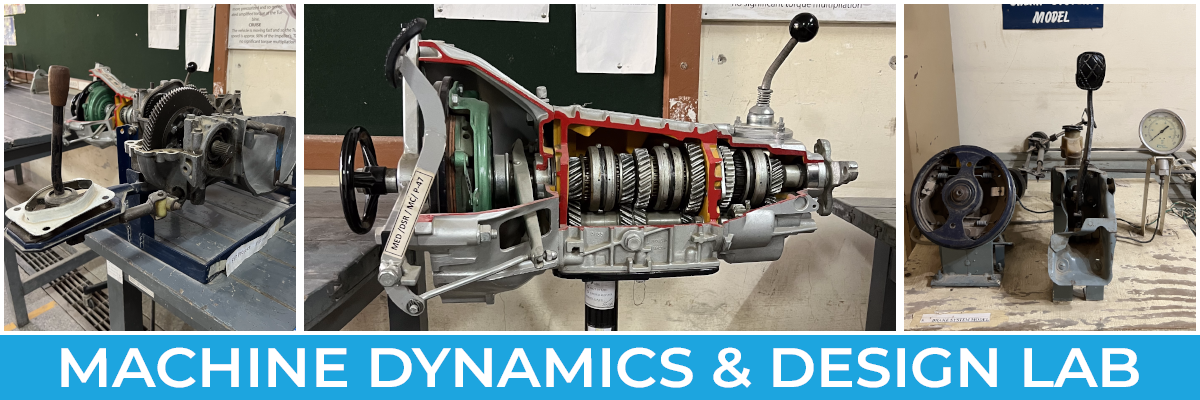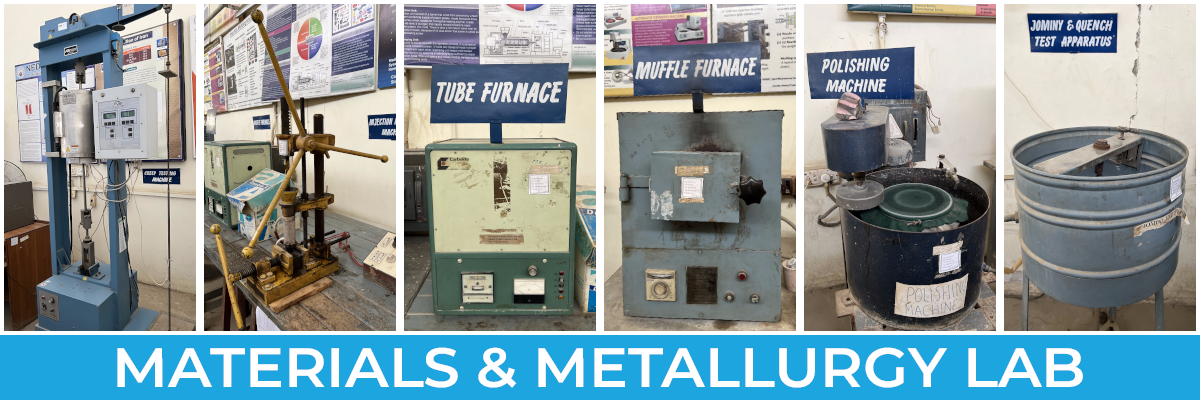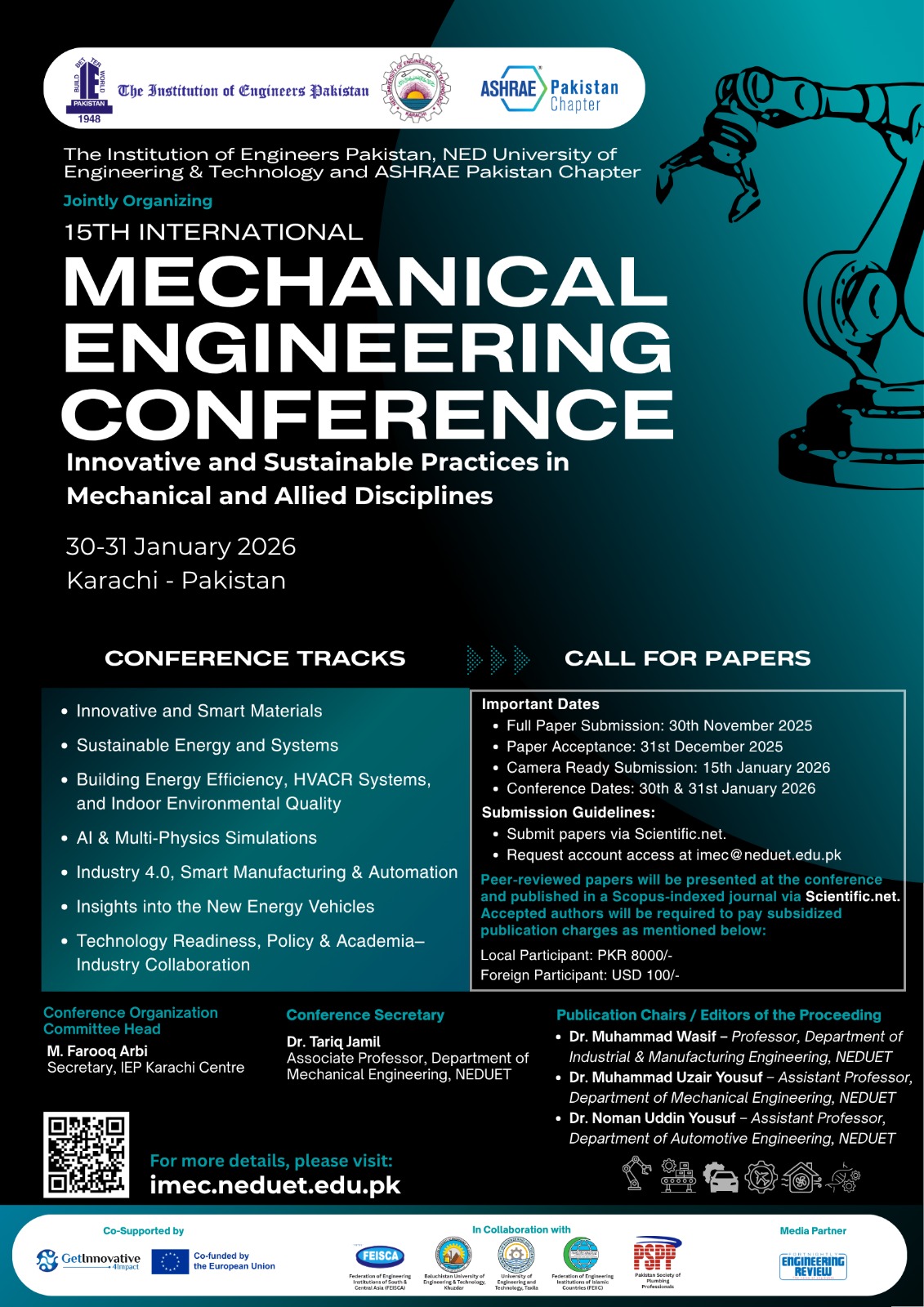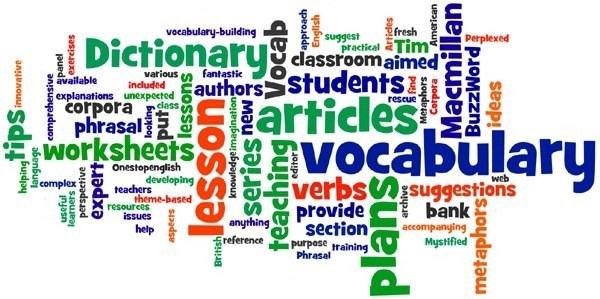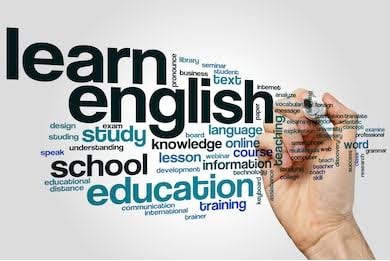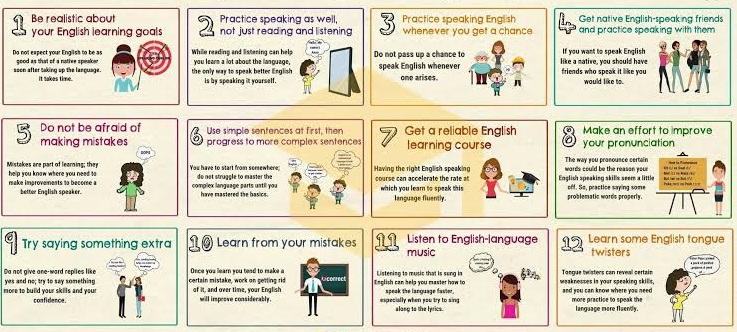EA-111 FUNCTIONAL ENGLISH
CREDIT HOURS
Theory = 2
Practical = 0
COURSE LEARNING OUTCOMES (CLOs)
| S. No. | CLOs | PLO | Taxonomy |
| 1 | Demonstrate effective presentation skills in academic settings | PLO-10 |
Affective |
| 2 | Comprehend explicit and implicit information through reading and listening strategies | PLO-10 | Coginitive Level 2* |
| 3 | Compose drafts of various academic genres using writing processes and strategies | PLO-10 | Coginitive Level 6* |
COURSE CONTENT
Reading:
- Reading skills importance & strategies
- Reading strategies: Previewing (Worksheets)
Reading practice through variety of reading texts and comprehension exercises
- Study Reading: Study Text
- Reading Strategies: Skimming & Scanning
- Summarizing: Evaluation
- Vocabulary
- Interference
- Precis
Listening:
- Types of listening; active, content, critical, selective
- Problems in listening and coping strategies
- Listening skills and sub skills
Note Taking:
- Techniques for taking notes from lectures, from books (Lecture)
- Note taking in different forms paragraphs, points, figures, processes, tables, graphs etc (Worksheets)
Vocabulary Development:
- Tips/strategies in vocabulary enhancement (Lecture + Worksheets)
- Practice in vocabulary development (Referred Book: Engl ish Vocabulary in Use by Michael McCarthy and Felicity O' Dell)
- Inferring meaning from context (Worksheets)
- Word formation (Worksheets)
- Idiomatic expressions (Worksheets)
Writing:
- Process of Writing and In formal Writing strategies (Lecture)
- Writing correctly: sentence structure and punctuation, error correction (Classroom activity)
Paragraphs:
- Structure and types (Lecture)
- Topic and the topic sentence (Lecture + Worksheets)
- Unity, adequate development and coherence in paragraphs (Worksheets)
Essays:
- Types of essays: narrative, descriptive, argumentative (Lecture)
- Structure of essays: thesis statement and the paragraphs (Lecture+ Written Assignments)
Short Reports:
- Structure and format (Lecture)
- Informational and analytical reports (Lecture + Written Assignments)
Letters:
- Style, formatting (digital letter writing), organization and structure of the letter (Lecture)
- Types of letters: routine requests and intimation, invitation, thank you and condolence letters etc. (Lecture + Classroom Activity + Written Assignments)
RECOMMENDED BOOKS
(01) Language in Use: Pre-Intermediate Classroom Book by Android Doff and Christopher Jones
(02) English Vocabulary in Use: Upper-Intermediate by Michael McCarthy and Felicity O'Dell
(03) Study Listening by Lynch
(04) Cambridge Vocabulary by Pauline Cullen
*For details of Taxonomy Levels CLICK HERE!















